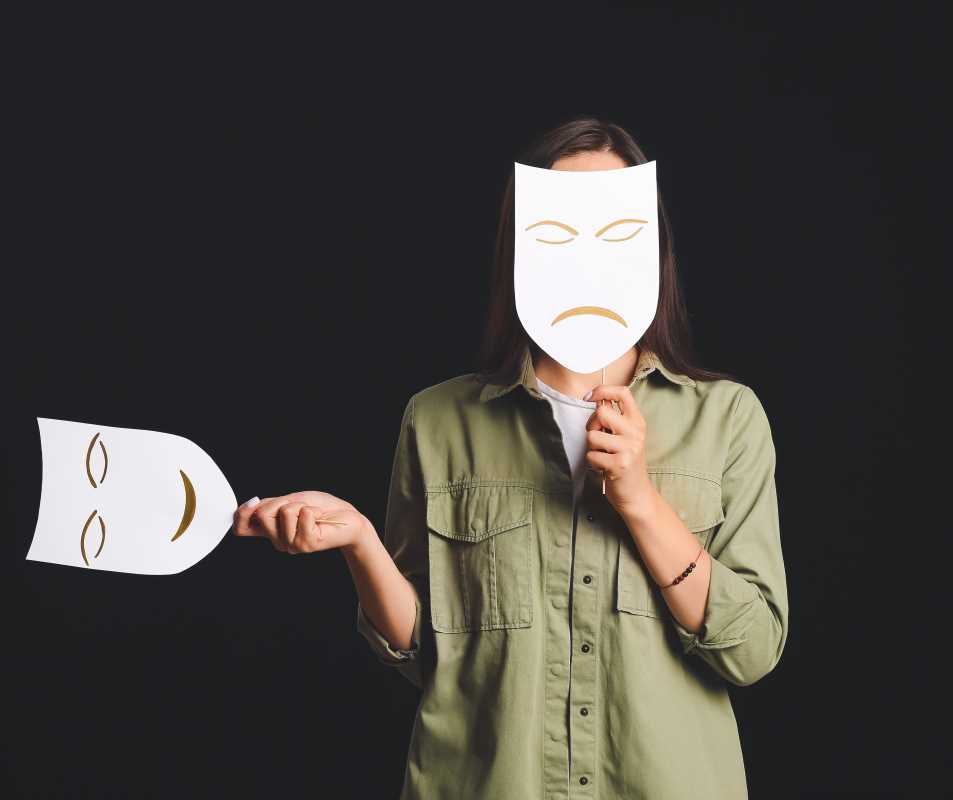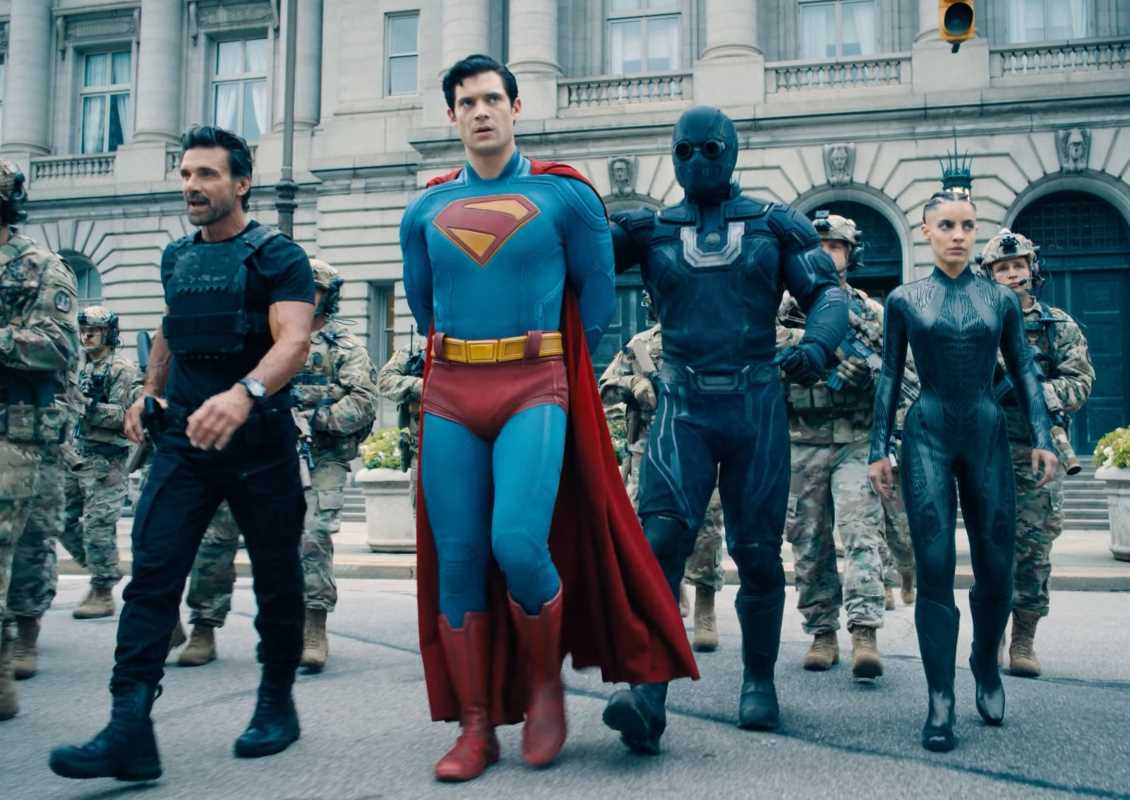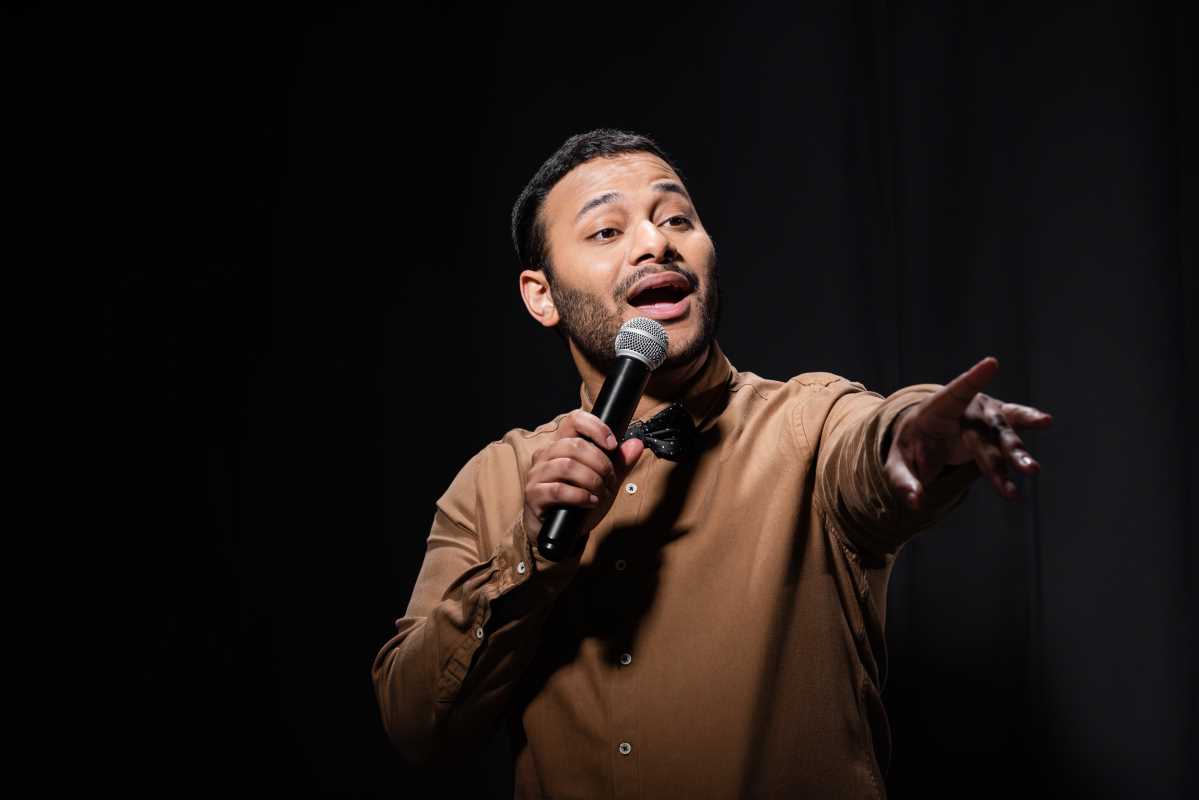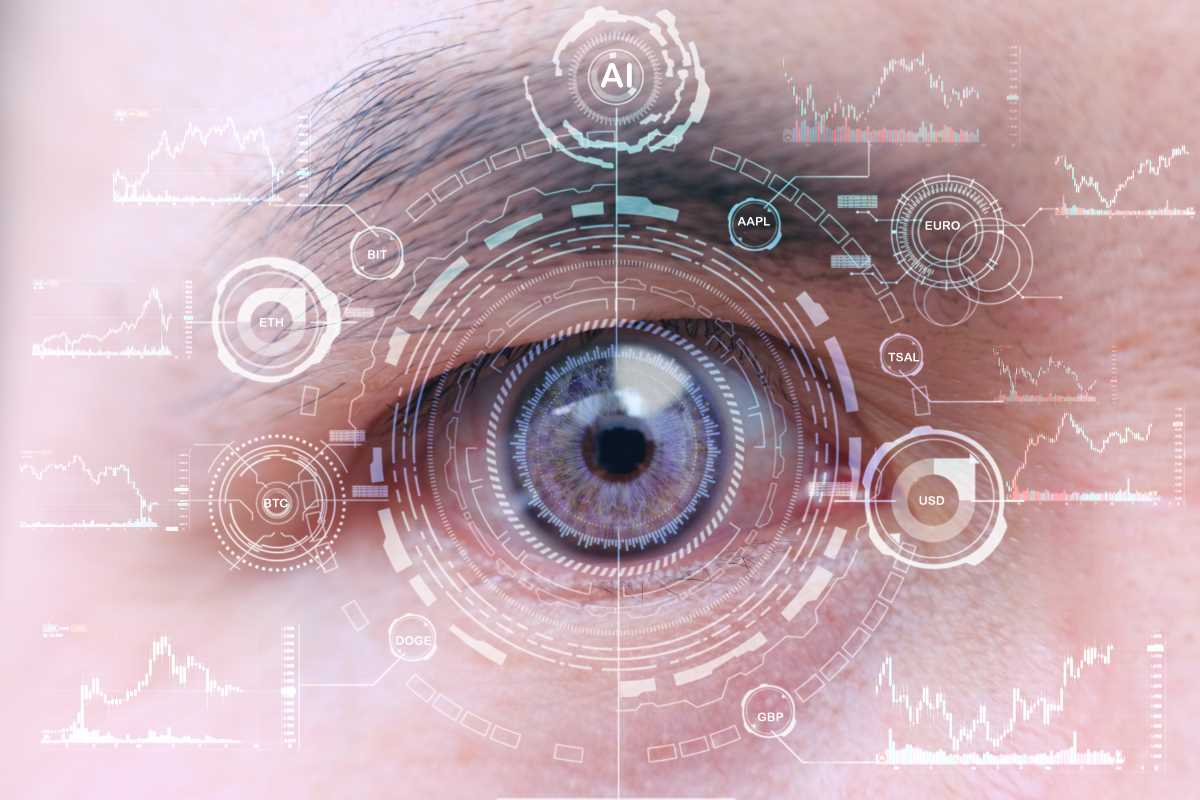Love it or hate it, reality TV is hard to ignore. From competitive talent shows and dramatic housewife brawls to heartfelt survival stories, reality TV has become one of the most popular forms of entertainment globally. But while it’s easy to dismiss these shows as mindless fun, their impact on culture runs much deeper. Reality TV doesn’t just reflect the world we live in; it shapes the way we view everything from relationships to success, beauty, and even morality.
The catch? This influence is complicated. Reality TV can amplify voices and showcase diversity, but it can also reinforce harmful stereotypes and glorify toxic behavior. A genre that mixes real people and orchestrated entertainment creates a tricky dynamic that’s both powerful and problematic. To understand why reality TV matters in shaping cultural narratives, we’ll break down its pros, cons, and everything in between.
The Rise of Reality TV
1. Why We Love It
Reality TV’s appeal lies in its relatability and drama. Unlike scripted shows featuring actors, these shows spotlight “real” people, often in exaggerated situations. Watching contestants race around the world, ordinary families tackle unique challenges, or ambitious singers chase their dreams creates a sense of connection. At its best, reality TV makes us feel like we’re rooting for someone just like us.
2. Accessibility and Simplicity
Another reason reality TV exploded in popularity is its accessibility. Shows like American Idol, Survivor, and The Real Housewives are easy to follow, requiring little background knowledge or mental effort. Their universal themes of competition, relationships, and personal growth make them appealing to a global audience.
How Reality TV Shapes Cultural Narratives
Reality TV’s massive audience gives it unparalleled power to influence cultural norms and values. But while its reach is undeniable, how it uses this influence is a mixed bag.
1. Amplifying Diversity
Reality TV has provided a platform for historically underrepresented groups, showcasing different races, sexual orientations, and backgrounds. For example, RuPaul’s Drag Race has played a huge role in bringing LGBTQ+ stories to mainstream audiences, celebrating drag culture while educating viewers about acceptance and individuality. Similarly, shows like Queer Eye emphasize empathy and self-love while breaking down societal barriers and stereotypes.
When done right, reality TV can normalize diversity and empower marginalized voices, helping different audiences find common ground.
2. Reinforcing Stereotypes
Unfortunately, reality TV is often guilty of portraying certain groups in reductive or harmful ways. On shows like The Bachelor, for instance, female contestants are often reduced to one-dimensional roles like “the desperate single” or “the girl next door.” Similarly, reality programming portraying specific cultural or socioeconomic groups can exploit stereotypes for entertainment value. Think of how shows like Jersey Shore caricatured Italian-American youth or how 90 Day Fiancé perpetuates narrow ideas about international relationships.
These portrayals send subtle (or not-so-subtle) messages to viewers about what’s “normal” and acceptable, often reinforcing biases that already exist in society.
3. Promoting Beauty Standards
Reality TV heavily influences how we view beauty and body image. Glamorous shows like Keeping Up With the Kardashians idealize wealth, luxury, and unattainable beauty standards. Plastic surgery, designer fashion, and perfectly filtered selfies dominate these narratives, leaving viewers to internalize a belief that they need to look or live a certain way to be successful or desirable.
Even shows that involve “ordinary” people can fall into this trap. Talent competitions like America’s Next Top Model have been criticized for promoting narrow views of beauty, often valuing thinness or Eurocentric features over diversity.
4. Redefining Success
On the flip side, reality TV does help redefine how we view success. Shows like Shark Tank or The Great British Baking Show celebrate hard work, creativity, and entrepreneurship. They show that you don’t need to come from privilege to achieve greatness, as long as you work hard or have the right idea. These narratives inspire viewers to chase their dreams, making success achievable rather than out of reach.
At the same time, shows depicting overnight fame (Big Brother, anyone?) perpetuate the illusion that success is something that can happen instantly without much effort. This tension between hard-earned accomplishments and flash-in-the-pan stardom remains a distinctive feature of modern reality TV.
The Fine Line Between Real and Fake
One of the biggest criticisms of reality TV is that it isn’t as authentic as it claims to be. While marketed as “real” entertainment, many aspects of these shows are heavily scripted or manipulated for maximum drama. Producers often encourage contestants to act a certain way or edit footage to create conflict, which can result in highly unrealistic portrayals of events or people.
1. Faked Conflicts and Relationships
Conflict drives reality TV. Whether it’s a screaming match during dinner (Real Housewives of Atlanta) or a fake romantic storyline (Love Island), drama keeps audiences hooked. But manufacturing drama can have negative effects, especially on real people’s reputations or public perceptions of what healthy relationships look like.
Reality dating shows, for instance, present wildly unrealistic depictions of love, where contestants rush into engagements or foster drama for screen time. For younger audiences, these manufactured relationships might set harmful expectations about what love and conflict should look like.
2. Mental Health Concerns for Participants
The pressure to create drama and conform to producers’ expectations often takes a toll on contestants’ mental health. Reports of reality TV participants experiencing anxiety, depression, and online abuse underscore how exploitative these shows can be behind the scenes. Shows may make contestants famous overnight, but that fame often comes with harsh criticism and a complete loss of privacy.
The Audience’s Role in Reality TV’s Impact
Reality TV’s influence ultimately depends on its audience. How viewers interpret and engage with these shows determines their cultural impact.
1. A Platform for Criticism and Advocacy
As viewers become savvier, many have started calling out problems with reality TV’s portrayal of cultural narratives. Online platforms like Twitter and Instagram provide spaces for public criticism, where fans demand better representation and more authentic storytelling. Shows like Love Island have even been forced to reevaluate their casting decisions after public backlash over their lack of diversity.
This growing awareness has led networks to introduce more inclusive or thoughtful programming, proving that audiences have the power to influence what gets shown on screen.
2. The Danger of Passive Consumption
However, not all viewers approach reality TV critically. Many passively consume these shows without stopping to question their influence. This means internalizing harmful stereotypes or unrealistic expectations, often without realizing it. For viewers to resist the negative effects of reality TV, it’s important to watch with awareness, separating entertainment from reality.
Can Reality TV Do Better?
While there’s no denying reality TV has its flaws, the genre also holds immense potential to shape cultural narratives in meaningful ways. Here’s how it could improve:
- Highlight Authentic Diversity: Casting a wider range of people and telling more authentic stories can help combat stereotypes and give underrepresented communities a voice.
- Focus on Positivity: Shows like Queer Eye and The Great British Baking Show prove that drama isn’t the only recipe for success. Highlighting personal growth and genuine emotions can create uplifting narratives that inspire viewers.
- Be Transparent About Production: Educating audiences about the scripted elements of reality TV could help prevent misconceptions and reduce unrealistic expectations.
- Prioritize Contestant Well-Being: Networks should ensure the safety and mental health of participants, providing aftercare and protections from online harassment.
 (Image via
(Image via





